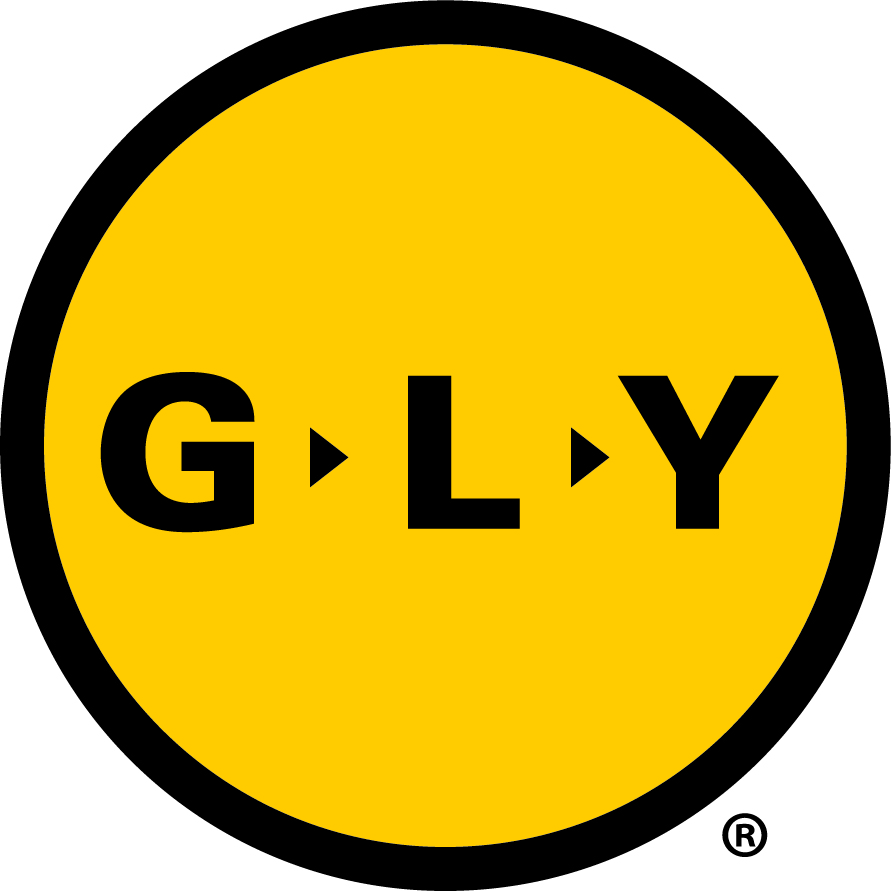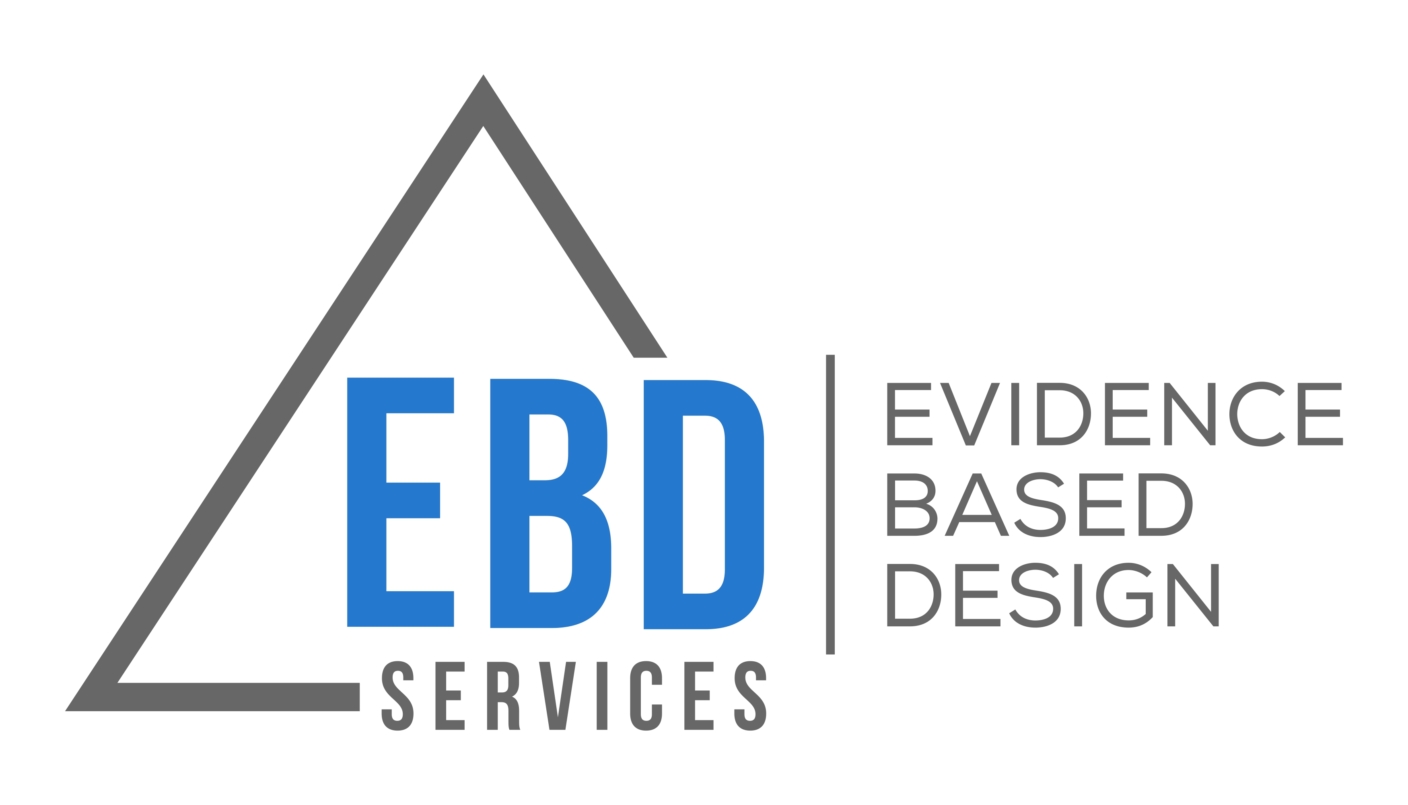Get Involved with State Government
 While any Washington resident is welcome to contact statewide elected officials such as the Governor, Lt. Governor, or Attorney General, typically the best way to impact state government policy is by contacting your personal state senator or representatives. Compared to federal legislators, Washington state legislators have much smaller staffs and therefore struggle to educate themselves personally about the myriad issues they must address. They welcome the opportunity to hear from knowledgeable constituents, and your input can matter a great deal at the state level. Choose an issue that you are interested in, track bills related to it, and become an advisor to your state representatives. Often, the best time to meet with your representatives is outside of the legislative session, when they are less busy and can focus on larger-picture issues.
While any Washington resident is welcome to contact statewide elected officials such as the Governor, Lt. Governor, or Attorney General, typically the best way to impact state government policy is by contacting your personal state senator or representatives. Compared to federal legislators, Washington state legislators have much smaller staffs and therefore struggle to educate themselves personally about the myriad issues they must address. They welcome the opportunity to hear from knowledgeable constituents, and your input can matter a great deal at the state level. Choose an issue that you are interested in, track bills related to it, and become an advisor to your state representatives. Often, the best time to meet with your representatives is outside of the legislative session, when they are less busy and can focus on larger-picture issues.
During the legislative session, AIA Washington Council will ask individual members to testify on specific bills that the Council is tracking. If you are interested in testifying on a specific topic, or just coming to Olympia during the session and meeting with your representatives, contact Kirsten Smith, Manager of Advocacy. She can help with making legislator appointments, providing talking points and supplying background information on legislation or policy issues.
Washington’s District System
State legislative districts in Washington are divided into 49 districts with roughly equal population. Each district is represented by one elected senator and two elected representatives. Become familiar with who your senator and representatives are and what communities other than yours make up their district. Be aware of what committees they sit on and therefore the kinds of issues they are most focused on. You may want to contact one of your representatives over the others based on the body they serve in (House or Senate), their political party, their committees, or what bills they have introduced or co-sponsored. Click here to find your district and contact information for your state representatives.
The Legislative Session
The legislative session in Washington state generally runs from January to April in odd years and January to March in even years. If the state budget has not been completed by the scheduled end of session, one or more special sessions may be called by the governor until a final budget has been reached. The budget must be completed by July 1 for the state government to continue to be funded. Legislative sessions run in two-year increments, called bienniums, starting with the odd year. Bills that have not survived the odd year session are technically still alive until the end of the even year session.
Budgets
Passing the state’s budget is one of the most important tasks of the Legislature. In this process, the Legislature and the Governor’s Office work separately to create an overall budget each biennium. In odd numbered years, the Legislature passes three budgets – Operating, Capital and Transportation – which together make up the state’s budget for the next two years. A Supplemental Budget is passed in even numbered years.
- The Operating Budget is a two-year plan for funding all ongoing state activities except for construction and transportation.
- The Capital Budget includes appropriations made to state and local agencies for building and construction projects, such as public schools and universities, parks, prisons, etc.
- Transportation Budget items are in a separate budget because the money does not come out of the state’s general fund. Instead, this budget is mostly user-funded based on revenue from gas taxes, permits, licenses and other fees.
Tracking State Legislation: you can look up legislation by bill number, author or key words on the state’s bill tracking website.
Resources
All legislative sessions and committee meetings in Olympia are open to the public. Information about visiting the Legislature can be found here.
For more information about how the State Legislature operates:
Overview of the legislative process in Washington
How a bill becomes a law in Washington
A citizen’s guide to the Washington state budget
Agendas, schedules, and calendars
More information:













